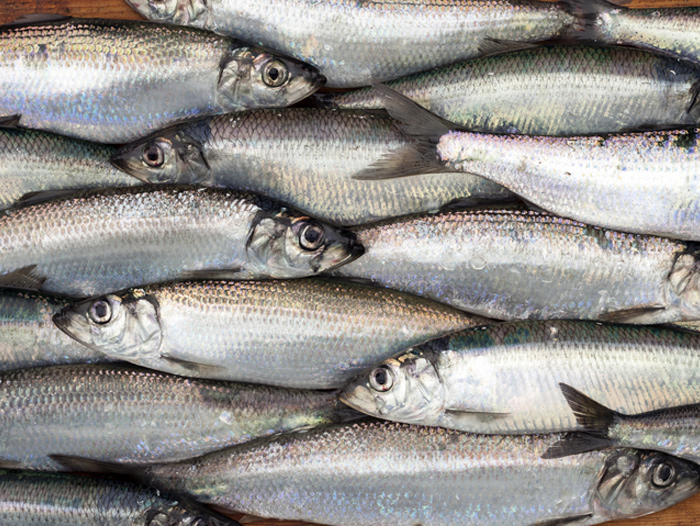BC Seafood Alliance: Fisheries Minister Makes the Right Decision on Pacific Herring in the Strait of Georgia
December 20, 2019 | 2 min to read

VANCOUVER – “It’s the right decision,” says the Herring Conservation and Research Society’s Rob Morley of Fisheries and Oceans Canada’s (DFO) draft Integrated Fisheries Management Plan IFMP) for Pacific Herring in the Strait of Georgia. “Fisheries management decisions should be based on solid peer-reviewed science not the number of signatures on a petition.”
The IFMP provides a 20% harvest rate giving a Total Allowable Catch (TAC) of 10,850 mT in the Gulf of Georgia. This is the “historical” harvest control rule that has been applied for the last 30 years at all biomass levels.
According to Morley, it is conservative and precautionary and based on peer-reviewed science by both DFO and external experts. “A 20% harvest rate is well below the harvest rates recommended by eminent international scientists on the Pew Charitable Trust Lenfest Task Force on Forage Fish to allow sufficient fish for ecosystem needs,” he said. “And there is no evidence of any correlation between herring stocks and predator status, including Chinook salmon. Herring stocks, like most forage fish, are highly dynamic and significant increases or decreases are not unusual based mainly on changes in natural mortality factors. A lower harvest rate would not improve biological outcomes but would be devastating to coastal communities, many of them Indigenous.”
The Strait of Georgia fishery generated about $50 million for fish harvesters and processors in 2017 and 2018 and keeps fishermen and plants busy for several months when few other fisheries are open. With at least 40% participation by Indigenous harvesters, fishing families in communities like Alert Bay on Vancouver Island would be especially hard hit as they struggle to make a living.
Fisheries management is complex but the wild seafood industry believes that good stock assessment is the foundation of responsible management and sustainable fisheries. “We support evidence-based decision making, says the BC Seafood Alliance’s Christina Burridge. “It’s simple we fish when the science says we can and we do not when the science says we should not.”
The Herring Conservation and Research Society was established to support conservation and management of Pacific herring and sustainable herring fisheries.
The BC Seafood Alliance is the largest commercial fishing organization on the West Coast. Full members are associations that represent the owners and operators of commercially licenced fishing vessels in most major fisheries in BC.
